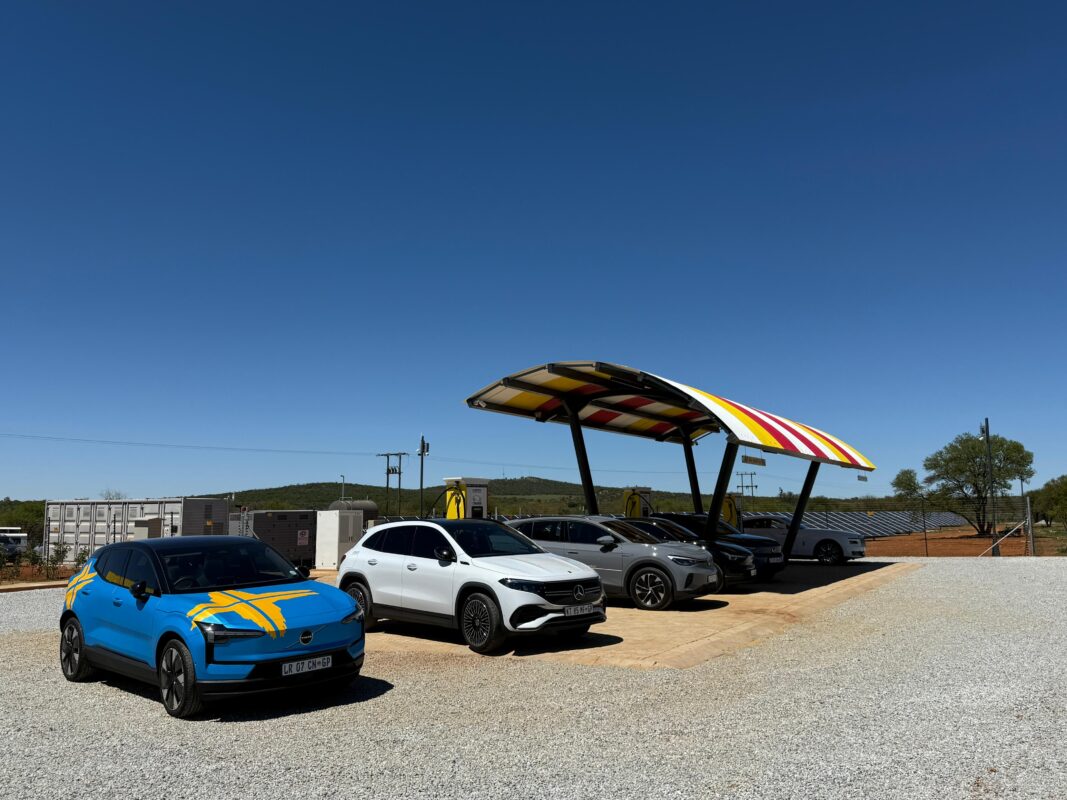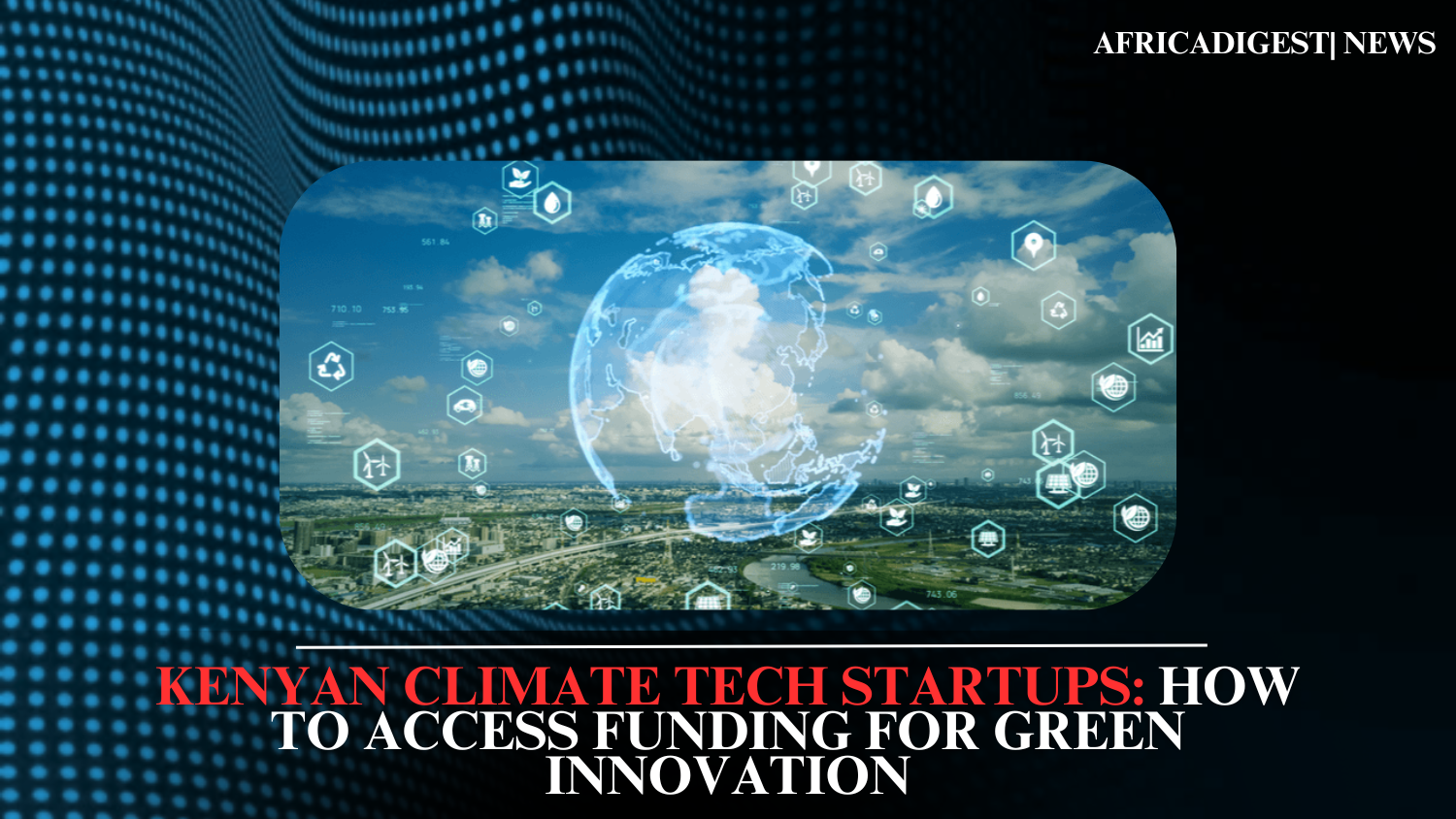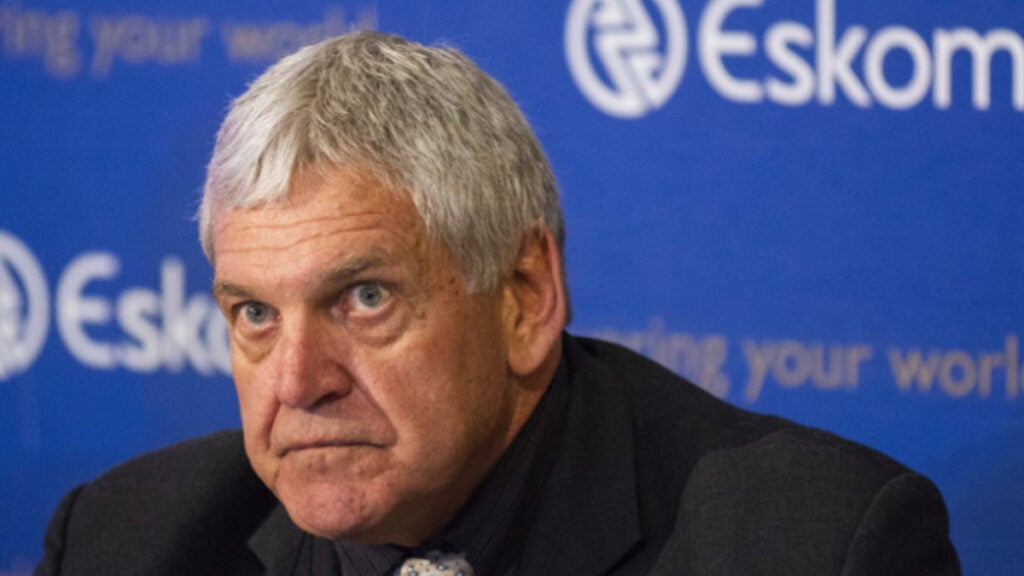With an R100 million injection from DBSA, Zero Carbon Charge is set to launch South Africa’s first countrywide network of off-grid, solar EV chargers, marking a watershed moment for sustainable transport in Africa.
This deal follows initial approval in April 2025 and rigorous due diligence, marking a key step toward climate-resilient infrastructure.
As of September 19, 2025, the funding is set to turbocharge the rollout, addressing key barriers like grid dependency and range anxiety in South Africa’s rapidly growing EV sector.
The Surge of Electric Vehicles in South Africa
South Africa’s EV market is gaining momentum, with sales surging 144% year-on-year in 2024 and projections estimating over 5,000 units sold in 2025, driven by policy incentives and falling battery costs.
However, infrastructure lags:With fewer than 200 public chargers nationwide, mostly urban and grid-reliant, adoption faces challenges in a country where highways span vast distances and load-shedding disrupts power supply.
Off-grid solar solutions like Charge’s are game-changers, aligning with the government’s Just Energy Transition Investment Plan (JET-IP), which allocates R150 billion for green initiatives.
This investment not only supports EV growth but also tackles climate goals, as transport accounts for 11% of South Africa’s emissions.
For a comprehensive look at EV market South Africa 2025 and beyond, it is crucial to address the current infrastructure gaps and promote innovative solutions like off-grid charging options.
Zero Carbon Charge: Pioneering Off-Grid EV Infrastructure
Founded in 2023 by co-founders Joubert Roux and Andries Malherbe, Zero Carbon Charge is Stellenbosch-based and focused on deploying ultra-fast DC chargers (up to 150 kW) powered entirely by solar panels and battery storage.
The company’s model eliminates grid reliance, ensuring 24/7 availability even during blackouts, a critical edge in South Africa.
Key milestones include:
- Proof-of-Concept Launch: The first station in Wolmaransstad, North West Province, went live in late 2024, self-funded and charging EVs in under 25 minutes.
- Network Vision: Plans for 120 stations at 150 km intervals along major highways, covering the N1, N2, and N3 corridors by end-2025.
- Tech Stack: Partnerships with Greencore Energy Solutions and Magic Power for hardware, integrating solar, batteries, and smart software for optimal energy use.
Dive deeper into Zero Carbon Charge EV network, where Tech in Africa explores the tech behind the rollout.
READ ALSO:
Green Dreams, Green Deceptions: Africa’s Clean Energy Crossroads
DBSA’s Role
The DBSA, a key player in African infrastructure financing, channels funds via its Product Innovation Unit for high-impact, green projects.
This R100m equity stake, joined by Absa in prior rounds, will fund five new sites along the N3 (Johannesburg-Durban) starting mid-July 2025, with construction accelerating post-deal.
| Impact Area | Projected Outcomes |
|---|---|
| Job Creation | 500+ direct and indirect jobs in construction and operations by 2026 |
| Environmental | 10,000 tons CO2 avoided annually through solar power |
| Economic | Boost to local tourism and logistics via reliable charging |
| Social | Skills training in renewables for underserved communities |
This aligns with DBSA’s mandate for socio-economic returns, positioning it as a catalyst for Africa’s green transition.
A Charged Future for South African Mobility
The DBSA’s R100m equity deal with Zero Carbon Charge isn’t just funding,it’s a blueprint for resilient, zero-emission transport in a power-constrained nation.
By September 2025, expect the first wave of stations to operationalize, paving the way for widespread EV adoption and a greener economy.
As Roux puts it, this “establishes the foundation for South Africa’s green transport infrastructure.”
Ronnie Paul is a seasoned writer and analyst with a prolific portfolio of over 1,000 published articles, specialising in fintech, cryptocurrency, climate change, and digital finance at Africa Digest News.






